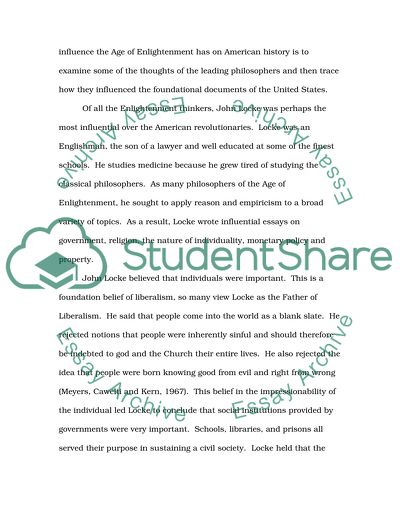Cite this document
(“The Enlightenment Research Paper Example | Topics and Well Written Essays - 1750 words”, n.d.)
Retrieved from https://studentshare.org/history/1443649-the-enlightenment
Retrieved from https://studentshare.org/history/1443649-the-enlightenment
(The Enlightenment Research Paper Example | Topics and Well Written Essays - 1750 Words)
https://studentshare.org/history/1443649-the-enlightenment.
https://studentshare.org/history/1443649-the-enlightenment.
“The Enlightenment Research Paper Example | Topics and Well Written Essays - 1750 Words”, n.d. https://studentshare.org/history/1443649-the-enlightenment.


